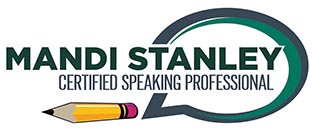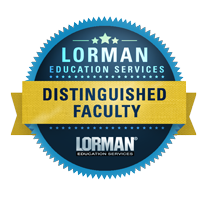Ask These 8 Questions To Artfully Analyze Your Audience
The success of your next presentation depends on your ability to connect with your audience. It’s all about them, not you. Before you script out what you are going to say, or decide which template to use for your slides, ask first who’s going to be listening to your message.
Can you answer these general questions about your audience:
- General educational background of those in attendance?
- Job experience and background?
- Knowledge level of your topic?
- Number of people expected?
- General age range of audience members?
- Geographical or cultural norms?
- Attitude and interest level in your topic?
- Hot-button issues or taboo topics to avoid?
We have all been in audiences where it was obvious the presenters have failed to do their homework. Presentations are not a time to “fake it ‘til you make it.” Sometimes it’s simply a case of being the wrong speaker with the wrong message for the wrong audience. Perhaps you’ve been in a career interview where it was obvious the applicant had not bothered to research the company, the position, or even the interviewing committee.
One other benefit of analyzing your audience is figuratively seating yourself in their chairs, thereby becoming aware of big audience turnoffs. Presenters who engage in the art of audience analysis are less likely to be the target of these complaints:
- Too long winded
- Took too long to get to the point
- Too much fluff and filler
- A complete waste of time
- Used weird acronyms
- Seemed arrogant
- Came across as a know-it-all
- “Chased rabbits around the room”
- Too much vocal garbage
- Too monotone
- Inappropriate humor
Audience analysis ensures a closer connection with those who need to hear your message most.
To customize a keynote or professional development session that will have your audience laughing and learning, contact Mandi Stanley.
Certified Speaking Professional Mandi Stanley works with business leaders who want to boost their professional image by becoming better speakers and writers through interactive high-content keynotes, breakout sessions, workshops, technical writing seminars, and fun proofreading classes.
Photo by Philippe Bout on Unsplash






